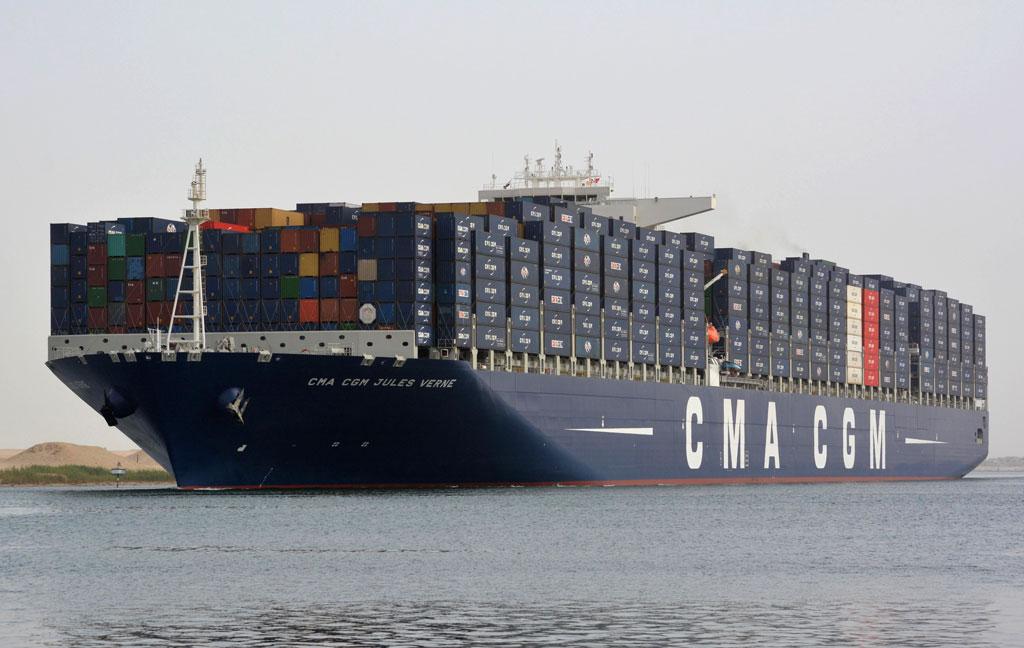CAIRO—Britain launched its largest trade mission to Egypt in over a decade on Tuesday, involving more than 40 companies from the top foreign investor in the Arab world’s most populous country.
The meeting in a palace-turned-hotel focused on developing the energy, real estate and construction sectors, as well as drumming up foreign involvement in a vaunted expansion of the Suez Canal that aims to create an international commercial hub.
British Middle East Minister Tobias Ellwood said the mission demonstrates London’s commitment to boost international investment in Egypt and increase bilateral trade.
“It is part of an ongoing program of economic cooperation which will include more trade visits and U.K. participation in the March investment conference,” he said, speaking alongside Egyptian Prime Minister Ibrahim Mahlab and referring to a larger international trade meeting planned for the spring.
Political unrest since the 2011 ouster of longtime autocrat Hosni Mubarak has battered the Egyptian economy, leaving the vital tourism industry in tatters and Cairo struggling to attract foreign investors.
But President Abdel-Fattah el-Sissi, who as army chief overthrew Mubarak’s elected Islamist successor last year, has presided over a sweeping crackdown on dissent involving thousands of arrests and including a law banning demonstrations without prior approval. Those measures have virtually eliminated street protests, and the government says it has stabilized the country.
A militant insurgency in the northern Sinai Peninsula continues, however, and small-scale political violence — mostly aimed at security forces — claims a handful of lives each month. In December, the British Embassy closed for more than a week over unspecified security concerns.
Egypt has grown to rely on massive influxes of aid from Gulf nations such as Saudi Arabia, Kuwait and the United Arab Emirates to keep its economy afloat and buttress the state budget, which is deep in deficit.
The government has reformed investment laws in an attempt to improve transparency and slash Egypt’s notorious red tape.
Several areas attract foreign investors, said Angus Blair, chairman of Mideast business consultancy Signet. He added that overcoming bureaucracy and boosting the visibility of projects in urban centers would help surmount hurdles.
“A number of sectors are interesting, first of all construction and infrastructure projects,” as well as power, water, retailing and financial services, he said. “One of the key elements of change obviously are the developments around the Suez Canal.”
The government says the $8.5 billion “mega project,” based on digging additional waterways for the Suez Canal, could boost revenues from the route connecting the Red Sea to the Mediterranean to $13 billion annually from its current $5 billion.
States and institutions, Britain included, are encouraging Egypt to press ahead with its declared efforts at economic reform. The government has so far reduced its massive fuel subsidies and plans to phase them out entirely over five years, granting limited allowances only to needy private citizens.
An energy crunch that led to rolling summer blackouts following the 2011 revolt has driven a search for new resources and efficiency. Last year the government began importing coal, and Electricity Minister Mohammed Shaker said at the conference that he was “very impressed by modern clean coal technologies” he saw on a recent trip to China.
“Nuclear energy is now being seriously studied,” he said, adding however that it remains a politically sensitive issue.
From The Associated Press
